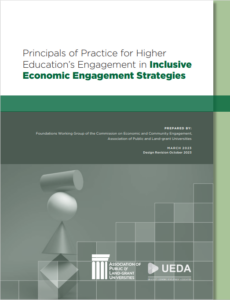Foundations for Strategy & Practice
Economic Development & Higher Education
 The publication, Higher Education Engagement in Economic Development: Foundations for Strategy and Practice (the Foundations), is about the roles of institutions of higher education in economic development and engagement with their constituencies. Produced in support of higher education institutions, as represented by the Association of Public and Land-grant Universities (APLU) and the University Economic Development Association (UEDA), the Foundations publication is meant to inspire institutions to reinvent the relevant college or university for the 21st century and to think more comprehensively about how economic development and engagement activities connect to each other and to an institution’s core mission activities.
The publication, Higher Education Engagement in Economic Development: Foundations for Strategy and Practice (the Foundations), is about the roles of institutions of higher education in economic development and engagement with their constituencies. Produced in support of higher education institutions, as represented by the Association of Public and Land-grant Universities (APLU) and the University Economic Development Association (UEDA), the Foundations publication is meant to inspire institutions to reinvent the relevant college or university for the 21st century and to think more comprehensively about how economic development and engagement activities connect to each other and to an institution’s core mission activities.
The Foundations publication accomplishes three core purposes:
- Establishes a definition of university economic development and engagement
- Provides a common set of principles for the practice of economic development and engagement
- Presents a taxonomy of programs to connect to the larger vision and purposes
For higher education, the definition of economic development begins from the notion of broadly “creating the conditions” for economic prosperity. As used by APLU’s Commission on Innovation, Competitiveness, and Economic Prosperity (CICEP) and UEDA, economic development in/by higher education is defined as follows:
“In higher education, economic development means proactive institutional engagement, with partners and stakeholders, in sustainable growth of the competitive capacities that contribute to the advancement of society through the realization of individual, firm, community, and regional-to-global economic and social potential.”
Using this Publication
It is the intent of UEDA and APLU CICEP that institutions of higher education, and its stakeholders, use this information as a true foundation for understanding, evaluating, and communicating their functions relative to economic development. When an institution embeds considerations of these purposes and functions in most or all of its internal planning and priority-setting, it is achieving a definition of itself as a relevant college or university in the 21st century—an institution that, engaging with others, applies its many assets and capabilities toward realization of individual, firm, community, regional, and global economic and social potential.
Given our extremely productive partnership with APLU, we were able to develop the Foundations with significant input from a great many members of both associations and we are grateful to all who participated. (Please see “acknowledgements.”) We are hopeful that the Foundations will provide a common definition, principles, and language that will help our national dialogue and support internal planning at individual institutions.
University Economic Development Association

